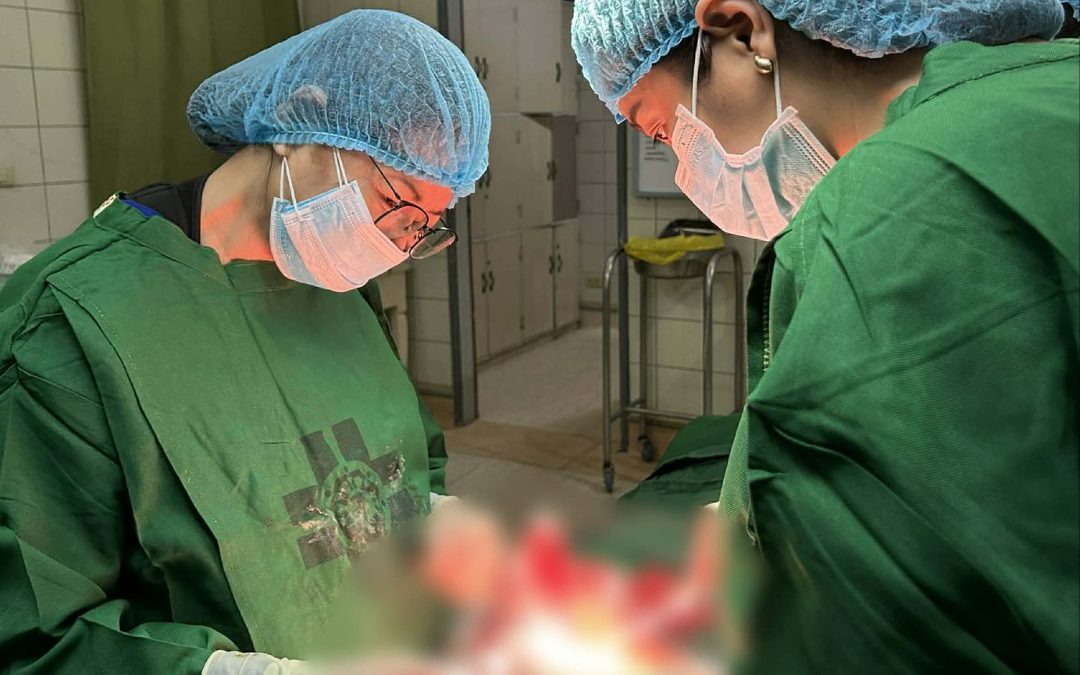Whooping cough, also known as pertussis, is a highly contagious respiratory infection caused by the bacterium Bordetella pertussis. It primarily affects the respiratory system, causing severe coughing spells that may be accompanied by a characteristic “whooping” sound when the child tries to breathe in after coughing.
Causes:
Whooping cough is caused by the bacterium Bordetella pertussis. It spreads through respiratory droplets when an infected person coughs or sneezes, and others inhale the bacteria.
Symptoms:
- Early Stage (Catarrhal Stage):
- Similar to a common cold with symptoms such as runny nose, sneezing, low-grade fever, and mild cough.
- Paroxysmal Stage:
- Characterized by severe and uncontrollable coughing fits.
- These fits can be followed by a high-pitched “whoop” sound when the child tries to inhale.
- Vomiting or exhaustion may occur after coughing spells.
- Convalescent Stage:
- Coughing gradually decreases but may persist for several weeks.
- Symptoms may linger even after the infection is no longer contagious.
Treatment:
- Antibiotics: Treatment with antibiotics such as azithromycin, clarithromycin, or erythromycin can help reduce the severity and duration of symptoms, especially if started early in the illness.
- Supportive Care: Provide supportive care to manage symptoms, such as plenty of rest, fluids to prevent dehydration, and using a humidifier to ease coughing.
- Isolation: Infected children should be isolated from others, especially infants and pregnant women, to prevent the spread of the infection.
Prevention:
- Vaccination: The most effective way to prevent whooping cough is through vaccination. The DTaP vaccine (diphtheria, tetanus, and acellular pertussis) is routinely administered to children in multiple doses starting at 2 months of age.
- Pregnant Women Vaccination: Pregnant women should receive the Tdap vaccine during each pregnancy, preferably between 27 and 36 weeks of gestation, to pass on protective antibodies to their newborns.
- Boosters: Adolescents and adults should receive booster doses of the Tdap vaccine to maintain immunity and prevent transmission to vulnerable populations.
- Good Hygiene: Practice good hygiene habits, such as covering coughs and sneezes, washing hands frequently, and avoiding close contact with individuals who are sick.
Conclusion:
Whooping cough can be a serious illness, especially in infants and young children. Vaccination is the most effective way to prevent infection and protect against complications. Early diagnosis and treatment with antibiotics can help reduce the severity of symptoms and prevent the spread of the disease to others. If you suspect your child has whooping cough, consult a healthcare provider for proper evaluation and management.



